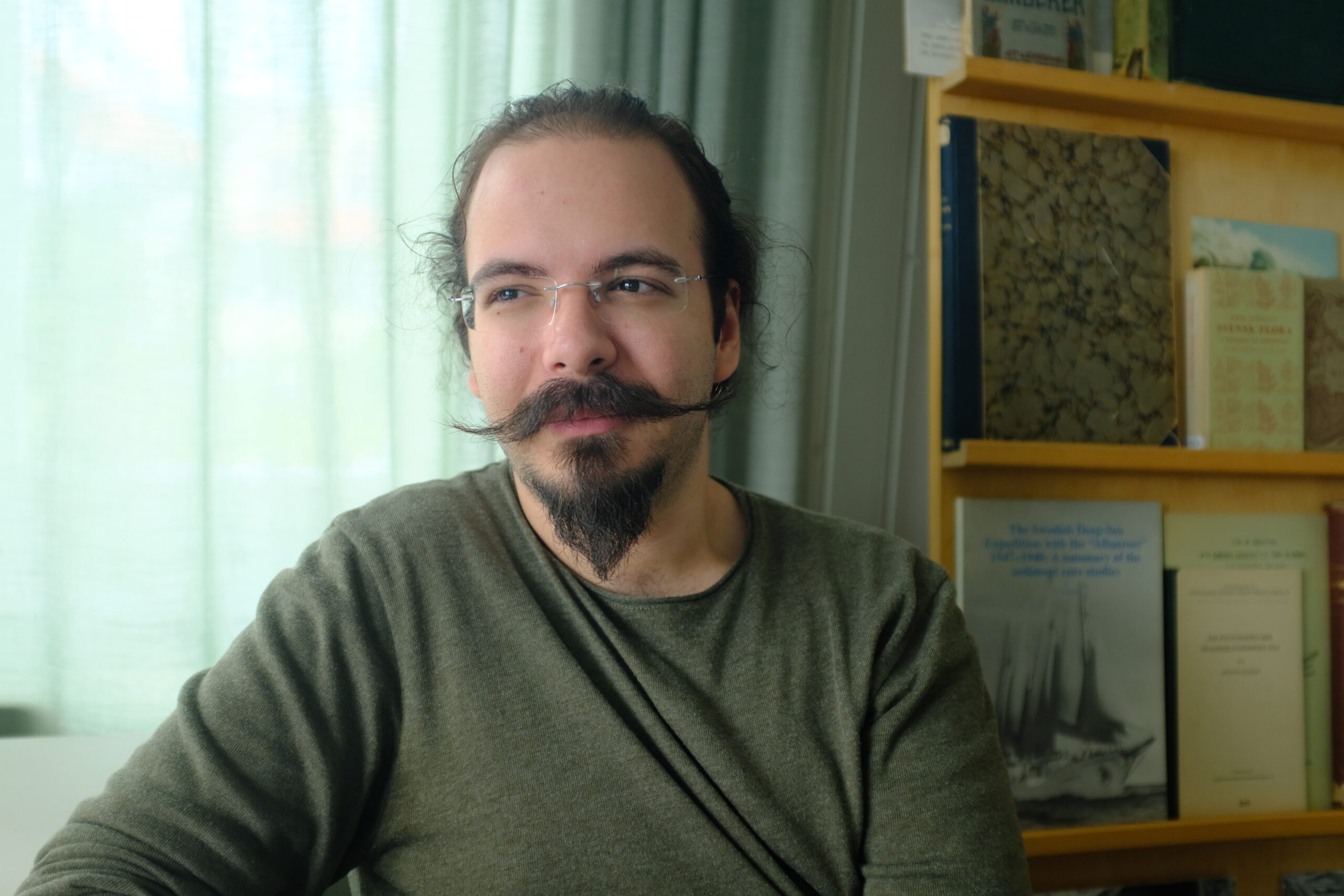Invitation to PhD Defense,
Özer Özkahraman
Title: Multi-Agent Mission Planning and Execution for Small
Autonomous Underwater Vehicles
Time: February 2nd 2023, 13:00
Location: F3, Lindstedtsvägen 26 & 28, Stockholm
Language: English
Subject area: Computer Science
Doctoral student: Özer Özkahraman, Robotik, perception och lärande, RPL
Opponent: Assistant Professor and Director of Underwater Systems and Technologies Laboratory João Tasso de Figueiredo Borges de Sousa; Departamento de Engenharia Electrotécnica e de Computadores Faculdade de Engenharia da Universidade do Porto
Supervisor: Professor Petter Ögren, Robotik, perception och lärande, RPL; Associate Professor John Folkesson, Robotik, perception och lärande, RPL

Abstract:
Our planet is mostly covered in water, most of it still unexplored.
In order to understand our environment better, oceanographers have been mapping and monitoring these waters using ship-mounted sensors and wired vehicles with limited range compared to the vastness of the oceans.
The limited range and dependence on manned support vehicles has kept missions expensive and infrequent.
To solve this problem, the sensors need to become independent of support vehicles, they need to venture into completely unexplored, unmapped regions of the seas by themselves and safely return with the data.
This is where autonomous underwater vehicles (AUVs) have started to make a difference.
In this thesis we investigate how multiple small AUVs can be utilized to efficiently and accurately sense very large volumes of water.
The underwater domain brings with it a plethora of unique problems;
Water absorbs electromagnetic radiation, meaning satellite-based global positioning systems (we will use GPS to refer to any such system), wide-angle cameras and radio communications are infeasible.
These constraints ultimately result in uncertain localization of the vehicles.
Furthermore, the vehicles are under constant disturbances from the water currents, fish and bio-fouling, which result in the dynamics of the vehicles being uncertain or even changing during the mission.
In the first part of this thesis, we focus on the large-scale sensing problem under localization uncertainties by examining the caging and coverage problems.
In the coverage problem, each AUV is uncertain about its exact position while tasked with sensing a stationary area.
We show that we can still guarantee complete coverage and formulate the efficiency characteristics of different approaches.
Furthermore, we show that when the vehicles are equipped with sensors and low-bandwidth communication methods, we can increase the effective range of a team of AUVs considerably by utilizing loop-closures over shared pose-graphs.
In the caging problem, the localization uncertainty is focused on the entity that is being caged, its location is unknown but bounded.
We show that through a combination of algorithms, the caging problem can be solved and a solution can be guaranteed, while simultaneously producing a list of specifications for the mission.
In the second part, we focus on the individuals of the team and what they need to do in order for the team of AUVs to succeed.
First, we identify that when there is a team of cooperative vehicles working together, conflicting goals rise.
Each vehicle needs to pick between satisfying its own constraints and the constraints that come from being in a team.
We propose a solution to this problem through a combination of Control Barrier Function (CBF) and Behavior Trees (BT).
Secondly, we examine the possibility that a vehicle might undergo physical changes, like a broken thruster, that result in the vehicle being unable to complete the entire mission.
Even in such a scenario, if the broken vehicle can still move to contact a normal one, the rest of the team can compensate through re-planning and the overall mission can still be completed.
To do so, the broken vehicle must compensate for the change until a rendezvous.
We propose a data-driven pipeline that can detect and plan around such a physical change within some bounds.